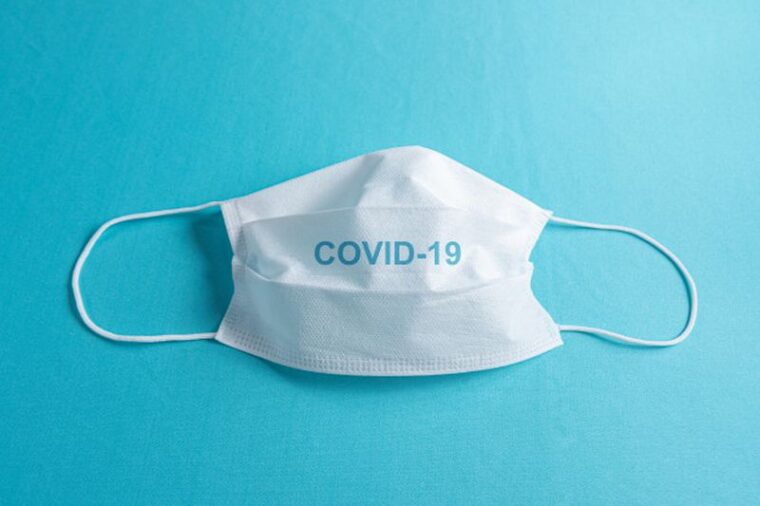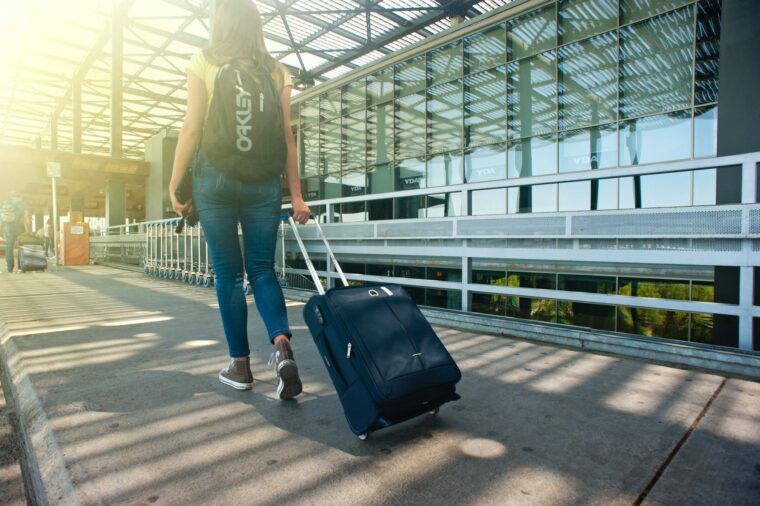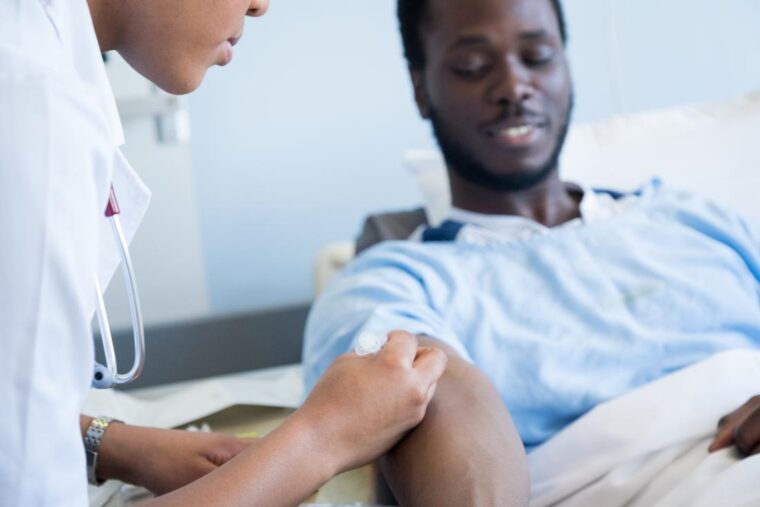In recent months, we were beginning to see a return to normal. However, with the new Omicron variant now in wide circulation, we have had to reevaluate a lot of things. In this blog, we tell you what the Omicron variant is and what it means going forward for your everyday life and travel.
What is Omicron?

The Omicron variant is found to have spread out of South Africa. However, this is not to say that it originated in the country. It is difficult to determine the exact place of origin, and it is likely that it may have originated elsewhere but first got detected in South Africa due to the country’s efficient testing and sequencing apparatus. It began to spread quite rapidly and spilt over into neighboring Southern African countries as well. Soon after, it was deemed a variant of concern by the World Health Organization. Other countries started to close their borders to select Southern African countries to keep out the variant, but that did not work.
The Omicron variant is reported to be at least three times more transmissible than the prior Delta variant and thus spreads at a very quick pace. Within a few weeks, it has now become the dominant strain in most countries, including the UK. Scientists are still working to know more about the variant, but from what we know so far, the variant can bypass the immunity of people who were previously fully vaccinated. As a result, people are being encouraged to take a booster shot for additional protection.
Initial findings suggest that the Omicron variant may not be as deadly as the original COVID-19 strain or its other variants. However, health safety precautions are still vital because the number of cases is still rising, and that continues to put a massive strain on the healthcare system.
Major vaccination manufacturers have agreed to optimize their vaccines to better fight the Omicron variant, but getting these vaccines out will take some time. For now, boosters are the best solution.
Symptoms

Many omicron patients experience a range of symptoms that go away rapidly and don’t necessitate hospitalization. Omicron instances usually resemble common upper respiratory illnesses, according to doctors. A runny nose, sore throat, and nasal congestion are the most common symptoms. If there is a cough, it is milder than prior variants, and fever appears to be less prevalent.
Cough, exhaustion, congestion, runny nose, fatigue, muscle or body pains, headache, sore throat, congestion or runny nose, nausea or vomiting, and diarrhea are the most prevalent symptoms of the omicron variant. Infections that cause no symptoms are equally prevalent.
Travel Requirements

As noted earlier, when Omicron was first discovered, all flights to and from South Africa were immediately halted. At that time, travel to most countries was permitted for vaccinated and unvaccinated individuals, albeit with different testing and quarantine rules.
To limit the spread of the Omicron variant, many countries have scaled back on alternative COVID-19 testing options like the Lateral Flow Antigen Test and have reverted back to the more accurate and reliable RT PCR test, which can easily be purchased online as a coronavirus home test kit. The common requirements now include full vaccination with proof and a negative PCR test certificate before departure. One may also be required to take Day 2 & 8 PCR or a Day 2 Lateral Flow Test on arrival, depending upon the destination For travel rules to the UK, check the official government website.
Although a booster shot is not mandated for travel, it is yet highly recommended that you do get it if you intend to travel.
How a booster keeps you safe

You should consult your physician and see if you are eligible for a booster shot. Upon getting the booster shot, your antibody count will increase and hence you will have more immunity. This will drastically reduce the chances of you getting infected. In the event you do get infected, your symptoms will be mild, and you will likely not require hospitalization or intensive medical care.
When you travel, close contact with other people is often unavoidable. This increases the chances of infection, especially the highly transmissible Omicron variant. If you have not had a booster shot, you may get infected on your way and have to quarantine for a minimum of 10 days upon arrival, which may disrupt your travel plans.
In addition to the booster shot, you should continue to follow health safety guidelines to protect yourself and those around you. If you have to travel, keep yourself informed about the COVID status of your destination. If the case numbers are too high, travel only if you really have to.
Why you still need to be cautious

In the event you are boosted and yet contract the virus, you might feel unpleasant for some days. While omicron appears to cause less severe disease in many individuals, the fact is that it’s most likely somewhere between normal cold-like symptoms and the COVID-19 we experienced previously. Also, there continue to remain a lot of dangers associated with contracting COVID-19. If you have any underlying health conditions or other similar risk factors, or if you are in the vulnerable group, such as by age, you might still become really ill.
The Omicron variant is fairly new, and we do not know everything about it yet, such as if it may induce long COVID. We know that vaccination decreases the chance of getting long COVID in general, but we are yet to know how it works in omicron. So far, what we know is that many mild illnesses have long COVID symptoms and that many otherwise healthy people get COVID symptoms, which can last for a considerable time, from many weeks to even months.
Even if you only have a relatively minor case of COVID-19, isolating yourself will cause you to miss the action of life, especially travel. This is why you need to be cautious when out and about and follow health safety guidelines.
Visit iqdoctor.co.uk for coronavirus home test kits.
